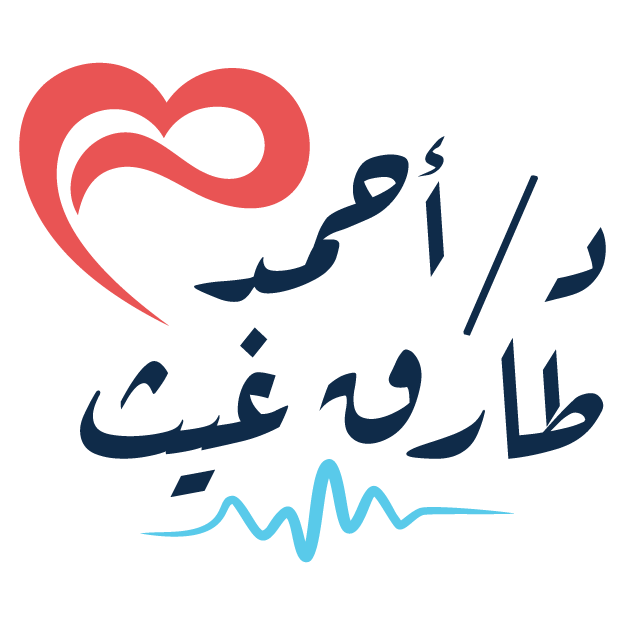A heart attack, also known as myocardial infarction, is a severe and life-threatening condition that occurs when a portion of the heart muscle does not receive enough blood. Here, we cover the causes, symptoms, and treatment of this condition.
Causes of Heart Attack
Most heart attacks occur due to coronary artery disease, where one or more coronary arteries become blocked by plaque buildup—comprising fat, cholesterol, and other substances. When a plaque ruptures, it can lead to a blood clot in the heart. Less common causes of heart attacks include:
- Coronary artery spasm
- Rare conditions that cause abnormal narrowing of blood vessels
- Eating disorders that damage the heart over time
- Conditions causing prolonged insufficient blood flow to the heart, such as severe low blood pressure, low oxygen levels, or abnormally rapid heartbeats
Risk factors for heart attacks include:
- Aging
- Smoking
- Family history of heart disease
- High-fat diet
- Physical inactivity
- Conditions such as diabetes, high cholesterol, high blood pressure, and a history of preeclampsia
Heart Attack Symptoms
Heart attack symptoms vary from person to person. Common symptoms include:
- Chest pain
- Shortness of breath
- Restlessness
- Dizziness
- Heart palpitations
- Nausea or stomach discomfort
- Pain in other areas, such as the left arm, jaw, neck, back, or abdomen
Heart Attack Diagnosis
Heart attacks are usually diagnosed in the emergency department, where the patient undergoes a physical exam, and the doctor assesses symptoms. Blood pressure, pulse, oxygen levels, and heart and lung sounds are checked. Tests to confirm a heart attack may include:
- Blood tests: Checking troponin levels is highly reliable for diagnosing a heart attack, as heart muscle damage releases this chemical into the bloodstream.
- Electrocardiogram (ECG): This test, often conducted upon emergency arrival, helps detect heart attack damage and identify irregular heart rhythms.
- Echocardiogram: Uses ultrasound to visualize the heart’s internal and external structures and assess muscle and valve function.
- Coronary angiography: Uses X-rays with a contrast dye to check for blockages in the heart’s blood vessels.
- CT scan: Provides detailed images of the heart and vessels, helping detect significant artery narrowing or hardening.
Heart Attack Treatment
Heart attack treatment focuses on quickly restoring blood flow to the affected heart muscle. Treatment may include a combination of the following:
Medications
Doctors may recommend medications for heart attacks, such as:
- Anticoagulants: To prevent blood clots, including aspirin and other blood thinners.
- Nitroglycerin: To relieve chest pain and dilate blood vessels, aiding blood flow.
- Anti-arrhythmics: To correct heart rhythm disruptions caused by the heart attack.
- Beta-blockers: To slow heart rate and aid recovery.
- Statins: To stabilize plaques in blood vessels, lower cholesterol, and reduce the risk of future heart attacks.
Extra Oxygen
Patients experiencing shortness of breath or low blood oxygen levels may receive supplemental oxygen via a nasal tube or face mask, helping increase oxygen levels in the blood and reducing strain on the heart.
Angioplasty
A non-surgical procedure to open blocked or narrowed coronary arteries, angioplasty involves inserting a catheter through an artery in the arm or thigh and guiding a small balloon or stent to the blockage site. Inflating the balloon opens the artery, and the stent may remain to keep it open.
Coronary Artery Bypass Surgery
For severe artery blockages, coronary artery bypass surgery is an option. This surgery uses a blood vessel from another part of the body (typically the chest, arm, or leg) to create a new path for blood flow, bypassing the blockage to reach the heart muscle.
In conclusion, heart attacks are among the most dangerous life-threatening conditions. We recommend a healthy lifestyle—balanced diet, regular exercise, and smoking cessation—to reduce the risk of heart attacks.
https://my.clevelandclinic.org/health/diseases/16818-heart-attack-myocardial-infarction
https://www.mayoclinic.org/diseases-conditions/heart-attack/symptoms-causes/syc-20373106

